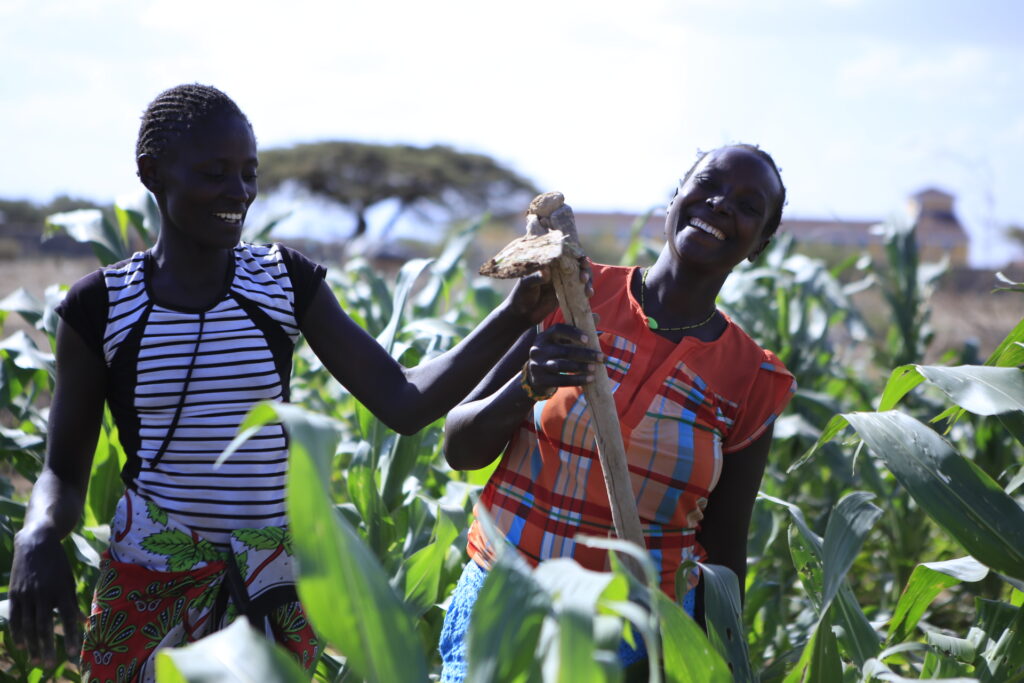The BOMA Project works in Northern Kenya and Eastern Uganda. These regions have been devastated by climate change. With only four people per square kilometer, these arid lands in Eastern Africa are some of the least densely populated areas in the world.
Due to climate change, the Indian Ocean experiences dipoles, where the water temperature on the African side of the ocean is either higher or lower than the Australian side. In 2016, the Indian Ocean recorded higher temperatures in the East. This resulted in wind movements that caused a severe drought in East Africa. In 2020, temperatures were higher on the Western side of the Ocean. This caused heavy rain in Eastern Africa – during what would normally be the dry season.
“This (the unusually wet weather) has resulted in large displacement of populations, and fatalities from flooding and landslides. “
Laura Harrison, specialist and operations analyst for the Climate Hazard Center, UC Santa Barbara.
Locusts breed in increased numbers during the wet season. Northern Kenya has seen two swarms of locusts in 2020 – with the second swarm being twenty times heavier than the first.

Alternating cycles of drought and flood have devastated grazing lands. The men can be gone for months upon months in pursuit of pasture for their livestock.

Women are left behind in their villages with children and little or no access to income. They struggle to survive reliant on sporadic income from menial labor and credit from shopkeepers.

The pastoralists live in patriarchal societies. Men wield most of the social and financial power. Women have limited say in their households. They have even lesser say in the control over the use and management of their livestock and natural resources.

BOMA’s mentors identify women whose families are most in need. Over a two year period, they coach women enrolled in the organization’s poverty graduation program on multiple fronts.
Financial training sessions cover areas like supply and demand, profit and pricing, record keeping, and marketing. Life-skills sessions include household decision-making, the importance of educating children (especially girls), family planning, and the rights of women under the Kenyan constitution.

BOMA’s women entrepreneurs open up a variety of businesses after graduating from the program. They run poultry rearing farms. They become livestock traders. Many of our women entrepreneurs open convenience stores.

Only a few years ago, most women weren’t allowed to run businesses or trade livestock. Today, over forty percent of traders in a livestock market are women. Many of them even employ men!

And that’s not all. BOMA mentors also coach women on environmental issues like pasture and range use and improvement, water use and storage, and producing and selling enriched feed.

Armed with this knowledge, women entrepreneurs meet with community organizations and government officials. As leaders in the community, they make sure that they have a say in how natural resources are managed.

The BOMA Project’s women entrepreneurs are creating better worlds – in their families, their communities and on our planet.
“I see a bright future for myself and my children because I will continue working hard for this business” — Paulina Adapal, a BOMA woman entrepreneur in Northern Kenya who started up an eco-friendly business in Northern Kenya.
